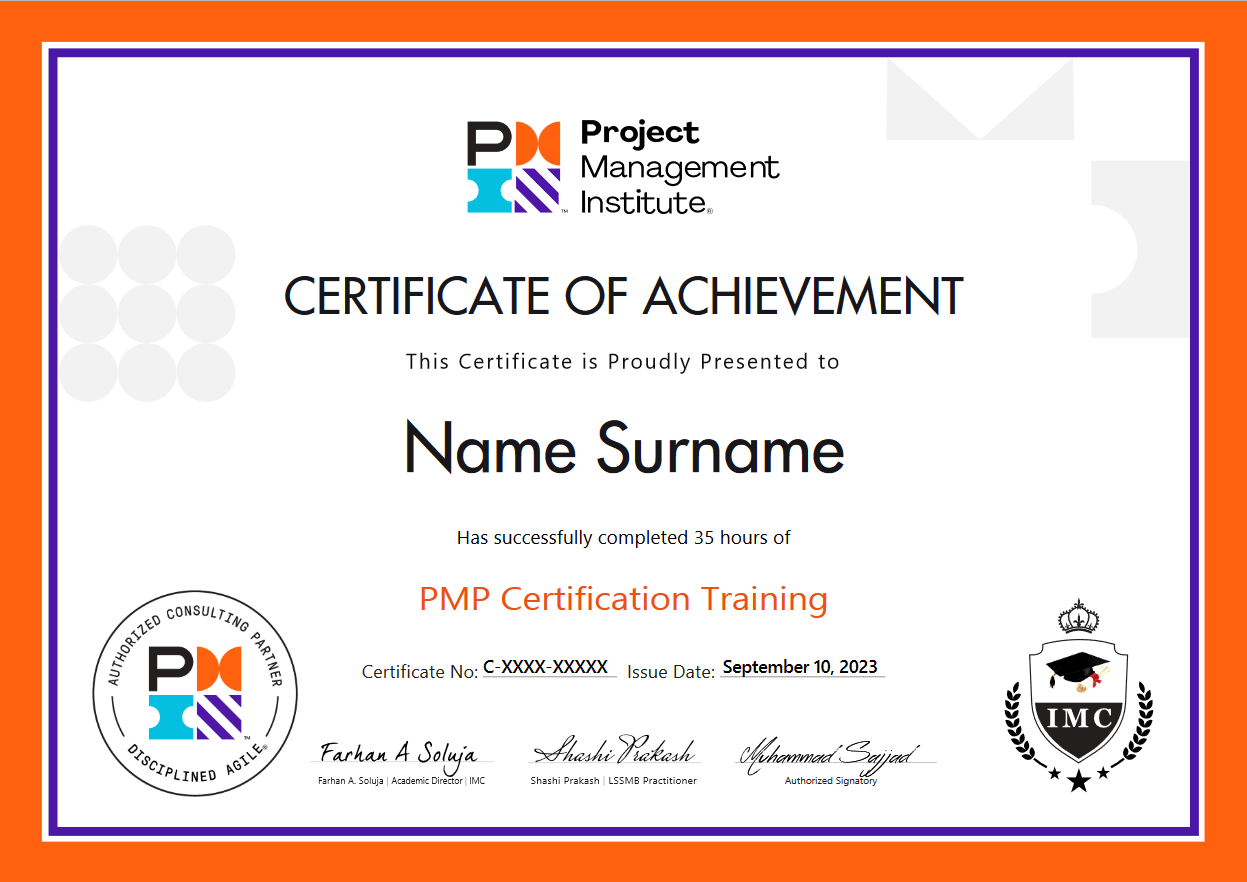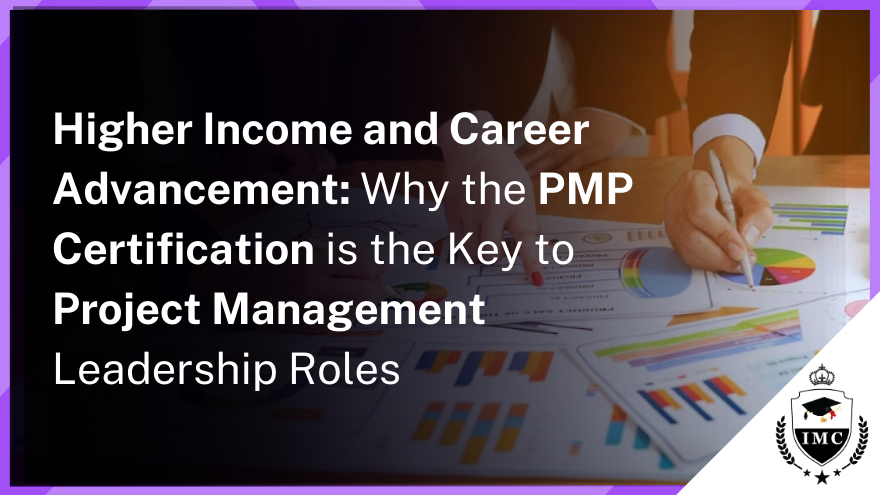Project management today is more complex and globally interdependent than ever before, with trillions of dollars of projects undertaken across continents each year. Even minor disruptions can lead to cascading delays, cost overruns, and disappointed stakeholders, directly impacting profitability, sustainability, and competitive positioning. That's why leading organizations actively recruit and develop certified Project Management Professional (PMP) talent - obtaining the PMP certification demonstrates a commitment to excellence while expanding in-demand skills for optimized execution, reduced risks, and lower costs in our interconnected global economy where project management has become a pivotal strategic capability.
Understanding Modern Project Management
Project management encompasses the strategic coordination of resources and activities to complete projects within defined scope, schedule, and cost constraints. It involves integrating key processes such as:
- Project planning and initiation
- Scope, schedule, and cost management
- Resource and stakeholder management
- Risk identification and mitigation
- Quality assurance and control
- Communication and procurement
With globalized operations and aggressive timelines, even minor issues can derail projects, wasting time and money. Project managers must have excellent analytical, communication, and leadership abilities to navigate complexity and achieve objectives.
Benefits of Earning PMP Certification
For individuals, PMP certification from the renowned Project Management Institute (PMI) demonstrates commitment to the profession. Certification validates specialized expertise and equips professionals with the latest tools and best practices.
Key advantages include:
Enhanced career opportunities and earning potential - Certified professionals are highly valued and sought after by employers. They stand out in the competitive job market with proven skills and dedication to excellence. Project management roles offer attractive salaries and advancement potential.
Improved job performance - The rigorous training and qualification process expands project management knowledge and skills. Certified professionals apply their enhanced capabilities for successful planning, execution, and delivery.
Ongoing education - To maintain certification, professionals must regularly complete continuing education. This ensures skills remain relevant to the latest methodologies, regulations, and industry trends.
Peer networking - Certification holders become part of PMI and local chapters. These provide development opportunities to exchange ideas and access job openings. For employers, having PMP certified project managers on staff adds tremendous value:
Increased productivity and profitability - Optimized processes and staff capabilities drive higher productivity. Enhanced project management skills reduce costs and improve margins.
Decreased risks - Certified professionals proactively identify and manage risks. This minimizes disruptions that threaten schedules and budgets.
Competitive edge - Leading-edge project management capabilities help firms quickly adapt to changing competitive landscapes and customer needs.
Credentialed expertise - Certified professionals validate their mastery of globally-recognized project management principles. This strengthens reputation with clients and stakeholders.
Topics Covered in the PMP Certification
The PMP certification curriculum provides comprehensive training on all aspects of project management:
- Project integration and initiation
- Scope, schedule, and cost management
- Quality planning and assurance
- Resource and communications management
- Risk identification and control
- Procurement and stakeholder engagement
- Agile and hybrid methodologies
- Professional responsibility
Certification
On successful completion of the course and course requisites, the candidate will receive the certificate of PMP Certification Training.

The Future of Project Management Careers
As projects increase in scale and complexity, the expertise of PMP certified professionals will be critical for success. According to PMI Job Growth and Talent Gap report, millions of new project management roles will be needed by 2027.
Professionals pursuing PMP certification are positioning themselves for rewarding, in-demand careers.
Leading organizations recognize PMP certified project managers as invaluable for navigating risk, applying best practices, and driving strategic initiatives. With so much at stake, PMP certification has become the global standard for building world-class project teams.
Summary
As projects become more global, technologically advanced, and critical to business performance, certified professionals will be indispensable for driving success. The specialized knowledge and skills gained through PMP certification enable planning, leading, and delivering projects on-time and on-budget. Ongoing education ensures PMP credential holders remain current on evolving practices. For individuals, PMP certification validates expertise and enhances career opportunities. Employers seek certified professionals to strengthen capabilities, optimize performance, and gain a competitive edge. As project management grows more prominent across every industry, certification is quickly becoming a must for career advancement. Forward-thinking organizations actively recruit and develop PMP certified talent. With so much riding on effective project execution, credentialed experts are essential for managing complexity, mitigating risks, and enabling strategic goals. PMP certification delivers a powerful return on investment for both professionals and employers. Obtaining the certification represents a commitment to excellence and to staying at the forefront of modern project leadership.






